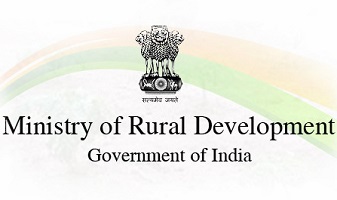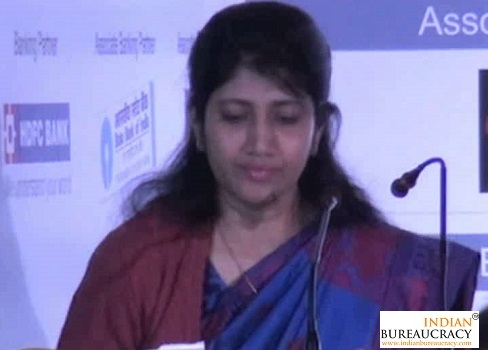
The Mahatma Gandhi National Rural Employment Guarantee Act (MGNREGA) operates as a demand-driven wage employment program, and the Ministry of Rural Development continuously allocates funds to states and union territories to meet the demand for work. Fund disbursement is based on factors such as the agreed Labor Budget (LB), opening balances, pending liabilities from previous years, and overall program performance. The Ministry proactively seeks additional funds as needed to fulfill the demand for employment opportunities on the ground.
However, it’s noteworthy that funds to the state of West Bengal were suspended starting from March 9, 2022, in accordance with Section 27 of the Mahatma Gandhi National Rural Employment Guarantee Act, 2005. This suspension is a result of non-compliance with directives issued by the Central Government.
The Budget/Revised Estimates and Fund released under Mahatma Gandhi NREGS during the last three financial years and current FY 2023-24 (as on 04.10.2023) is as under:
(Rs. in crore)
| Year | Budget Estimate | Revised Estimate | Fund released |
| 2020-21 | 61,500.00 | 1,11,500.00 | 1,11,170.86 |
| 2021-22 | 73,000.00 | 98,000.00 | 98,467.85 |
| 2022-23 | 73,000.00 | 89,400.00 | 90,810.00 |
| 2023-24 | 60,000.00 | – | * 56,105.69 |
(*as on 04.10.23)
Availability of funds is not a constraint for the implementation of the program.
The availability of funds is not a constraint for the program’s implementation.
To ensure timely payment of wages to Mahatma Gandhi NREGA workers, the National Electronic Fund Management System (NeFMS) has been implemented. The Ministry has been diligent in ensuring timely wage disbursement, and states/union territories have been advised to generate pay orders promptly. This has significantly improved the timely generation of pay orders and the prompt crediting of wages to workers’ accounts. In the current fiscal year 2023-24 (as of 04.10.2023), 99.12% of pay orders have been generated within 15 days. Delays in wage payments are primarily attributed to implementation issues in states, including staff shortages, measurement challenges, data entry, wage list generation, Fund Transfer Order (FTO) processing, and more. In cases of delayed wage payments, beneficiaries are entitled to compensation as per the provisions.
Household job cards can only be deleted under specific conditions, unrelated to the Aadhaar Payment Bridge System (APBS). The regular exercise of updating and deleting job cards is conducted by states/union territories. A job card may be deleted in the case of a fake job card, a duplicate job card, a household unwilling to work, a family permanently shifted from a Gram Panchayat, or a single person in a job card who has passed away.
APBS serves as the payment route for crediting beneficiaries’ accounts. It follows a well-defined process, with roles clearly defined for beneficiaries, field functionaries, and all other stakeholders.
Concerns have been raised about frequent changes in bank account numbers by beneficiaries, leading to non-updating of new account numbers by the respective Program Officers. This results in wage payment transactions being rejected due to the use of old account numbers by destination bank branches. After consultation with various stakeholders, it has been found that APBS is the most suitable route for wage payments through Direct Benefit Transfer (DBT), ensuring timely payments to beneficiaries.
Once Aadhaar is updated in the scheme database, beneficiaries do not need to update account numbers due to changes in location or bank account numbers. Money will be transferred to the account linked with the Aadhaar number. In rare cases where a beneficiary has more than one account, they can choose the account for receiving payments.
National Payments Corporation of India (NPCI) data indicates a high success rate of over 99.55% when Aadhaar is enabled for DBT, while account-based payments achieve a success rate of about 98%.
APBS not only ensures genuine beneficiaries receive their due payments promptly but also helps in eliminating fake beneficiaries, contributing to the fight against corruption. The scheme employs the Aadhaar-Based Payment Bridge System (APBS), and its progress has been reviewed. The mixed route of wage payment (NACH and APBS route) has been extended until 31st December 2023 or until further notice.
The Ministry has made it clear to all states that beneficiaries who come for work should be requested to provide their Aadhaar numbers, but work should not be refused on this basis. Eligibility for APBS does not affect the demand for work, and job cards cannot be deleted based on a worker’s APBS eligibility.
To date, a total of 13.99 crore Aadhaars have been seeded in the Management Information System (MIS), covering 97.87% of total active workers. Additionally, 84.78% of active workers are now eligible for APBS.







Leave a Reply
You must be logged in to post a comment.